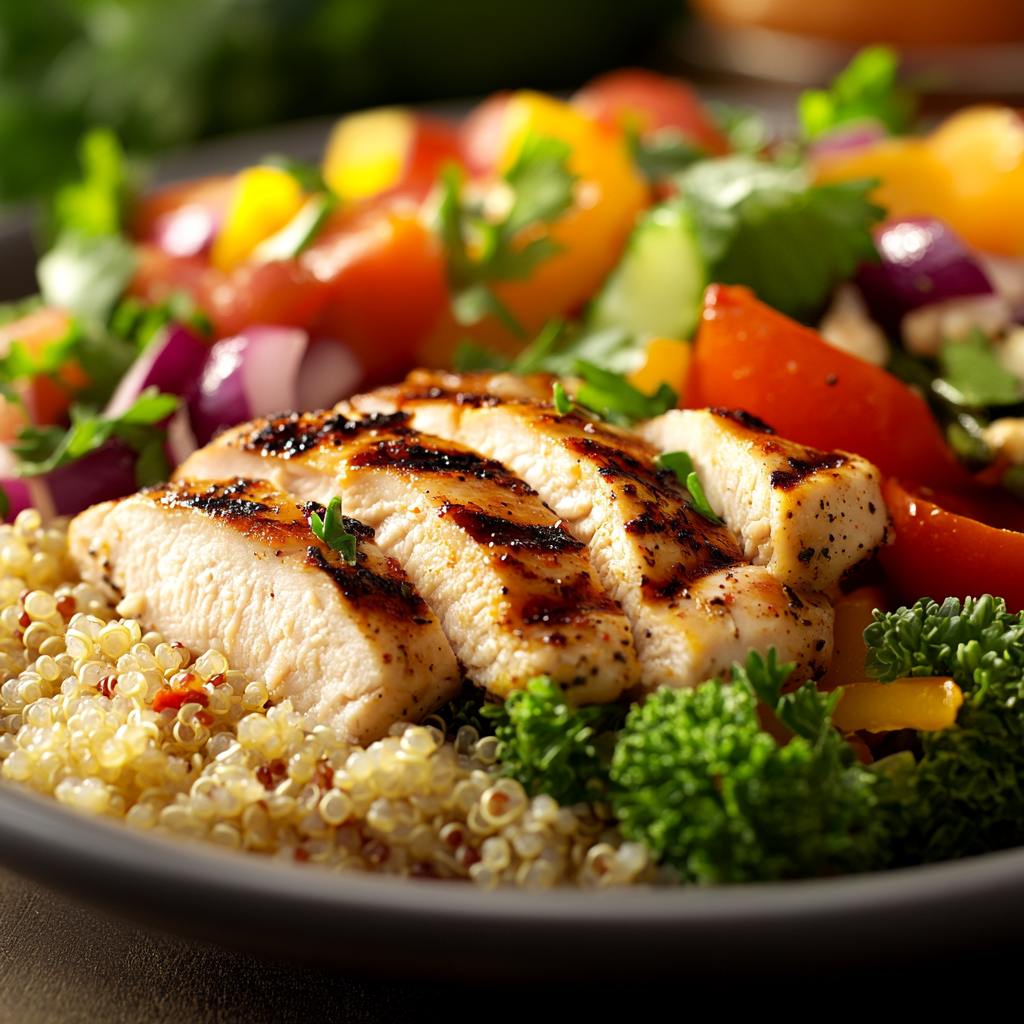
Achieving weight loss requires a well-rounded approach that combines different strategies, consistency, and mindfulness. While no single method works for everyone, several effective techniques have been shown to yield positive results when practiced regularly. Below are five key strategies, backed by scientific research, that can help you boost your weight loss journey.

1. Incorporate High-Intensity Interval Training (HIIT)
First and foremost, incorporating High-Intensity Interval Training (HIIT) into your fitness routine can significantly accelerate fat loss. HIIT involves alternating between short bursts of intense exercise and recovery periods, which helps you burn more calories in a shorter time frame. In fact, research published in the Journal of Obesity reveals that HIIT not only reduces abdominal fat but also decreases overall body fat more efficiently compared to steady-state cardio 1. Moreover, HIIT increases your metabolic rate long after you’ve finished exercising, leading to continued fat-burning even while at rest. As a result, it is a highly effective tool for those looking to shed weight quickly.

2. Prioritize Protein Intake
In addition to incorporating HIIT, paying close attention to your diet is crucial. One dietary adjustment that can make a big difference is increasing your protein intake. Not only does protein help in preserving muscle mass, but it also boosts metabolism and reduces hunger. According to a study published in the American Journal of Clinical Nutrition, a high-protein diet can lead to feeling fuller for longer, and fewer calories consumed throughout the day 2. Furthermore, when paired with strength training, consuming adequate protein aids in fat loss while maintaining lean muscle, which is essential for long-term weight management. Thus, prioritizing protein can significantly enhance your weight loss efforts.

3. Stay Hydrated
Moreover, staying hydrated is a simple yet often overlooked factor in weight loss. Drinking enough water can have immediate benefits for your metabolism. Research from the Journal of Clinical Endocrinology and Metabolism shows that drinking water can increase metabolic rate by up to 30% for about an hour after consumption 3. Additionally, drinking water before meals can help control appetite, leading to reduced calorie intake. In one study, participants who drank water before meals consistently lost more weight than those who did not 4. Therefore, making hydration a priority is an easy and effective way to support your weight loss journey.

4. Get Adequate Sleep
Equally important, getting enough sleep plays a critical role in weight loss and overall health. Sleep deprivation disrupts the balance of hunger-regulating hormones, such as ghrelin and leptin, which leads to increased cravings and overeating 5. A study in the Annals of Internal Medicine found that individuals who got adequate sleep lost more fat than those who were sleep-deprived, even though both groups consumed the same number of calories 6. This suggests that sleep quality can directly impact your weight loss success. In conclusion, aiming for 7-9 hours of sleep each night is essential for maintaining hormonal balance and supporting your fat-loss goals.

5. Practice Mindful Eating
Finally, practicing mindful eating can make a significant difference in how you approach food and your eating habits. Mindful eating involves paying full attention to the experience of eating, allowing you to recognize hunger and fullness cues more effectively. According to research in the Journal of Obesity, individuals who practiced mindful eating were able to reduce episodes of binge eating and develop a healthier relationship with food 7. As a result, mindful eating can help you manage your weight in a sustainable and healthy way. Furthermore, by focusing on the present moment, you’re more likely to make better food choices and avoid overeating.
Caution
Before making any significant changes to your diet or exercise routine, it’s essential to consult with a healthcare professional, especially if you have underlying health conditions. Your doctor can provide personalized recommendations tailored to your unique needs, ensuring that your weight loss plan is both safe and effective.
Footnotes
- Boutcher, S. H. (2011). High-Intensity Intermittent Exercise and Fat Loss. Journal of Obesity, 2011, 868305. doi:10.1155/2011/868305 ↩
- Paddon-Jones, D., et al. (2008). Protein, Weight Management, and Satiety. The American Journal of Clinical Nutrition, 87(5), 1558S-1561S. doi:10.1093/ajcn/87.5.1558S ↩
- Boschmann, M., & Steiniger, J. (2003). Water-Induced Thermogenesis. Journal of Clinical Endocrinology and Metabolism, 88(12), 6015-6019. doi:10.1210/jc.2003-030780 ↩
- Dennis, E. A., et al. (2010). Water Consumption Increases Weight Loss During a Hypocaloric Diet Intervention in Middle-aged and Older Adults. Obesity, 18(2), 300-307. doi:10.1038/oby.2009.235 ↩
- Spiegel, K., et al. (2004). Sleep Loss: A Novel Risk Factor for Insulin Resistance and Type 2 Diabetes. The Journal of Clinical Endocrinology & Metabolism, 89(1), 5764-5771. doi:10.1210/jc.2004-0065 ↩
- Nedeltcheva, A. V., et al. (2010). Insufficient Sleep Undermines Dietary Efforts to Reduce Adiposity. Annals of Internal Medicine, 153(7), 435-441. doi:10.7326/0003-4819-153-7-201010050-00006 ↩
- Kristeller, J. L., & Wolever, R. Q. (2011). Mindfulness-Based Eating Awareness Training for Treating Binge Eating Disorder: The Conceptual Foundation. Eating Disorders, 19(1), 49-61. doi:10.1080/10640266.2011.533605 ↩


















